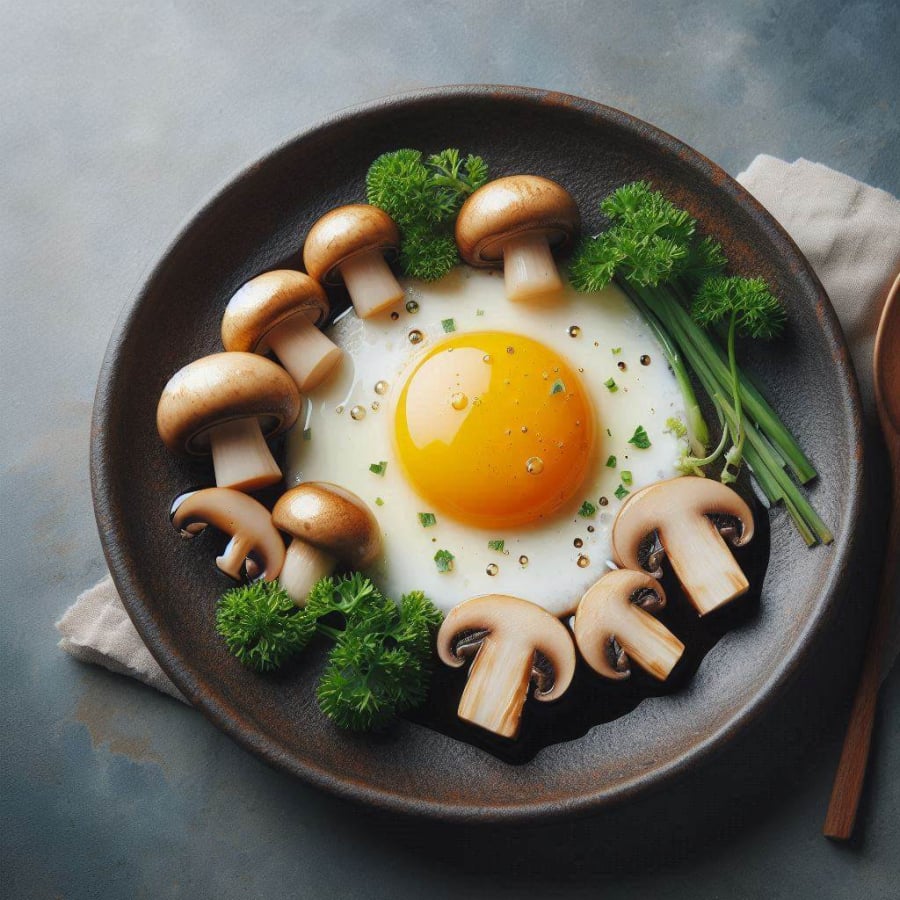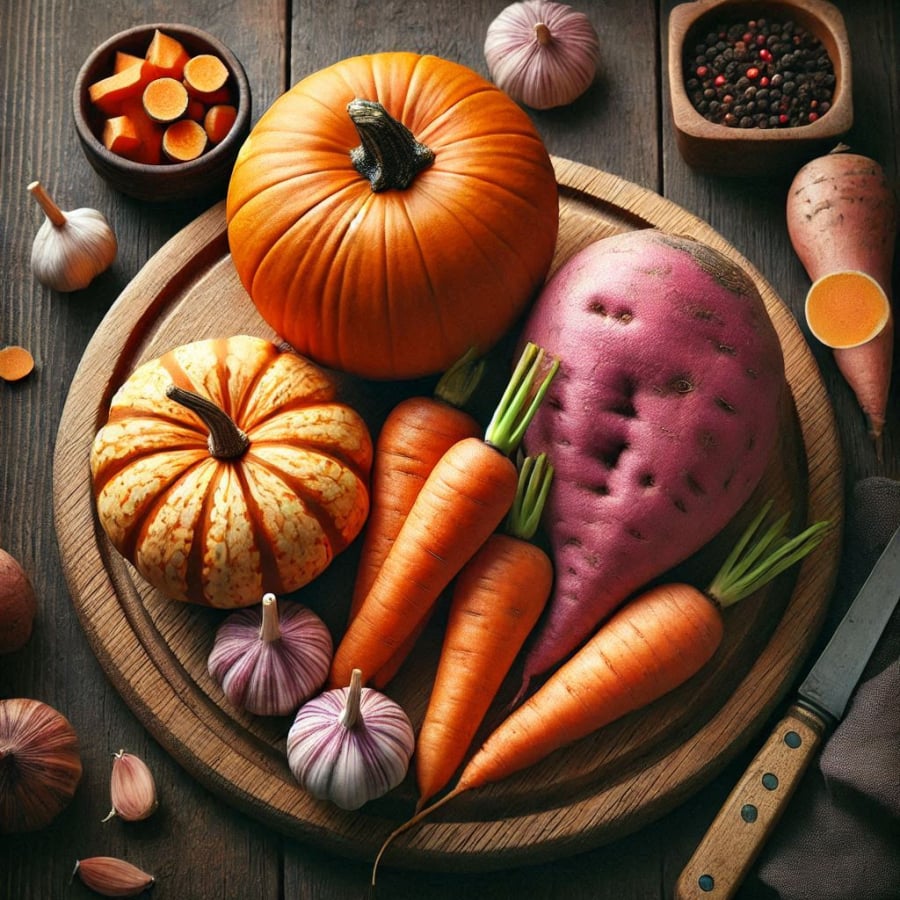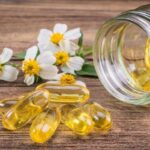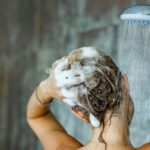Vitamins are essential nutrients that are prone to deficiency. This is because vitamins play an extremely important role in hair formation and development, as mentioned in the health specialty site Verywell Health (USA).
Significant hair loss can be attributed to deficiencies in the following vitamins:
Vitamin D
In fact, vitamin D deficiency is one of the most common causes of hair loss. Vitamin D is necessary for hair growth and contributes to nourishing the hair follicles. If your body lacks this vitamin, hair growth slows, and the follicles become weak. As a result, hair may thin or even fall out in patches.
The most effective way to get vitamin D is to expose your skin to sunlight in the morning. For those who don’t have the opportunity to sunbathe, vitamin D-rich foods such as salmon, mackerel, sardines, egg yolks, mushrooms, or animal liver are good alternatives. Taking supplements is also a good option to ensure adequate vitamin D intake.

Vitamin D-rich foods include salmon, mackerel, sardines, egg yolks, mushrooms, and animal liver
Vitamin B7
One of the most important benefits of vitamin B7 for hair is its ability to stimulate hair growth. Vitamin B is crucial for the production of keratin, a protein that predominantly makes up hair, nails, and the epidermis. Deficiency in vitamin B7 can make hair weak, brittle, and prone to breakage and loss. Good sources of vitamin B7 include nuts, seeds, whole grains, tuna, chicken liver, and spinach.
Vitamin A
Vitamin A is not only beneficial for vision but also crucial for skin and hair health. When the body has sufficient vitamin A, the scalp produces enough sebum to moisturize the hair. Both deficiency and excess of vitamin A can lead to hair loss. Excessive intake of vitamin A can clog hair follicles, resulting in increased hair shedding. Foods rich in vitamin A include carrots, sweet potatoes, pumpkin, bell peppers, cantaloupe, eggs, and cod liver oil.

Vitamin A-rich foods include carrots, sweet potatoes, pumpkin, bell peppers, cantaloupe, eggs, and cod liver oil
Vitamin E
Vitamin E acts as an antioxidant, helping to prevent oxidative stress, which can damage hair follicles. Deficiency in vitamin E not only makes hair prone to breakage and loss but can also lead to scalp problems. According to Verywell Health, good sources of vitamin E include oats, almonds, brown rice, sunflower seeds, strawberries, walnuts, mangoes, chia seeds, kiwi, and avocado.
Finally, providing your hair with adequate nutrition will not only improve its health but also enhance its natural beauty and boost your confidence. The important information mentioned in this article will serve as a solid foundation for effective hair care. However, for a reasonable and suitable nutrition plan for your hair’s specific needs, it is advisable to consult a doctor or nutrition specialist. Take care of your hair as an integral part of your beauty routine!
What Are the Benefits of Vitamin E for Skin Repair?
Vitamin E is a powerhouse antioxidant and a staple in skincare formulations. With its potent antioxidant properties, Vitamin E is a natural shield, protecting and nourishing the skin. This versatile vitamin is a staple in any skincare routine, offering a wide range of benefits that promote healthy, radiant skin.
The Secret to Naturally Beautiful Hair: 8 Super Veggies to Stop Hair Fall, Combat Oiliness, and Promote Healthy Hair Growth.
Hair loss and greasy hair are common concerns for many. Instead of reaching for expensive cosmetics, discover eight natural ‘hair tonic’ vegetables that are easily sourced from your local market. These vegetables not only help reduce hair loss and grease but also stimulate hair growth, resulting in a thick, shiny, and healthy mane.





































